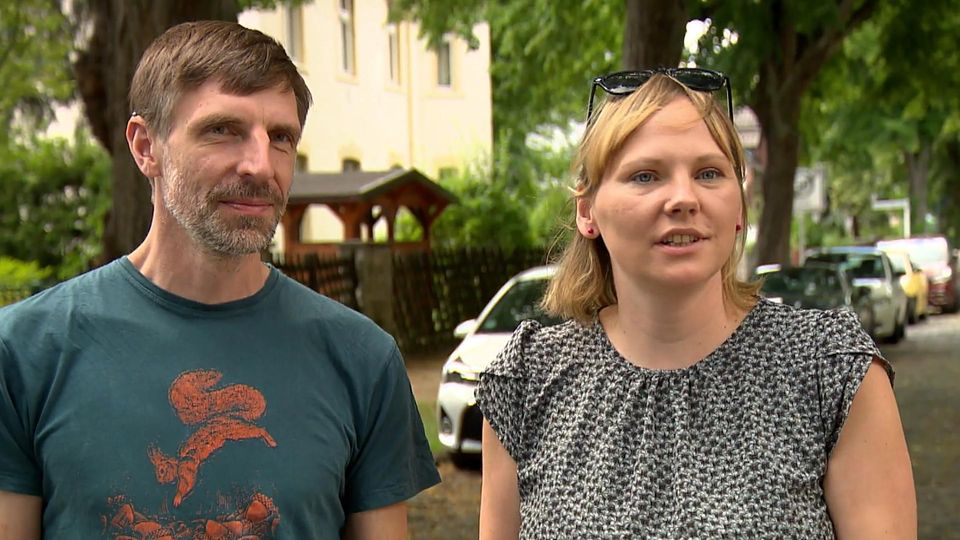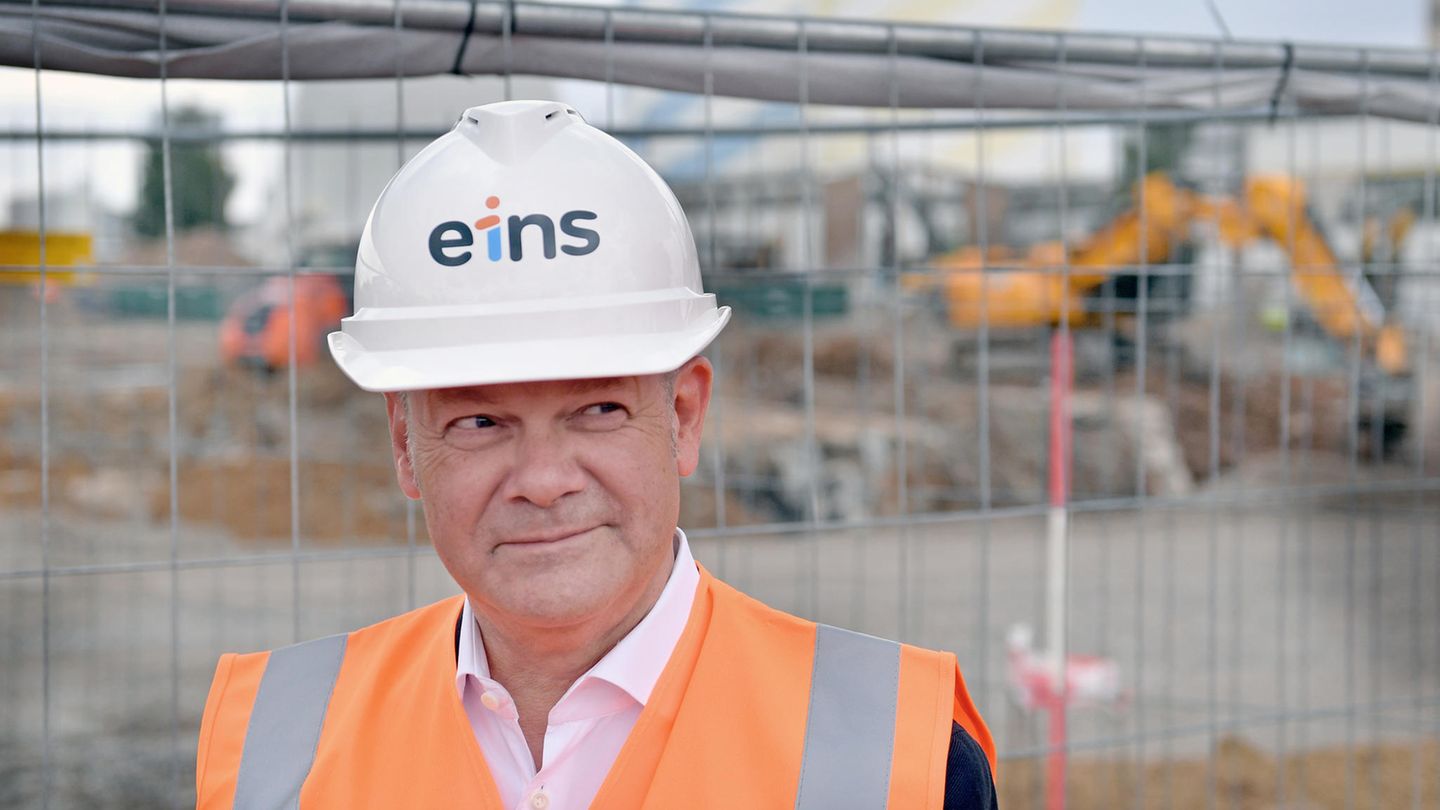According to Chancellor Olaf Scholz, many people are currently failing to buy real estate because of the high interest rates. Buying real estate was also difficult in the 1970s. But a real estate expert has a different opinion than the Chancellor.
Financing a property has become impossible – that’s what many Germans believe these days. Only those who are rich, earn six figures or inherit a lot can invest in concrete gold. According to Chancellor Olaf Scholz (SPD), they are wrong.
At an SPD election campaign appearance in Bavaria at the weekend, he defended the European Central Bank’s (ECB) recent interest rate increases. “It’s not the interest rates that are the problem,” said Scholz. The current level of around 4 percent is low compared to the early 1970s, when it was 9.5 percent.
“Ask your parents: What interest rates did you use to build your houses?” he asked his audience of around 200 people at the SPD election campaign rally in Nuremberg. They were silent and so he gave himself an answer: “You will hear, people were simply saving money back then. The interest rates are not the problem.”
Buying real estate and building incorrect housing
What is currently problematic is that in recent years mainly high-priced apartments have been built that many cannot afford. The property developers and project developers have made a false assumption, namely that the number of wealthy people in the country is “infinitely large”. That’s why too many apartments are being planned at prices that people in this country couldn’t afford.
But is he really right about that? Were people actually able to afford property more often in the past because construction was cheaper?
Buy a house or apartment
More equity, cheaper loans: This is how you can save thousands of euros when buying real estate
Konstantin A. Kholodilin is an expert on real estate markets at the German Institute for Economic Research (DIW). He says: “Formally, it is of course true that extensive housing construction was also possible in 1970 – despite interest rates that were more than twice as high. But 40 or 50 years ago the growth rate of production potential was also significantly higher.”
Real estate expert disagrees
Production potential is a term in economics. It refers to the highest production that would be possible if all economic resources were fully utilized. Potential output basically shows how much an economy could grow. And the higher it is, the higher interest rates we can afford, says Kholodilin. For many potential owners this means: Although the current interest rate level is historically rather low, the weakening German economy and rather poor prospects are making the dream of owning a home shattered.
“The long-term interest rate is tied to the repayment rate. With a higher interest rate, the economy would never be able to pay off the loans. That’s why the comparison is misplaced,” said Kholodilin. Comparing the circumstances of 1970 and today simply doesn’t work. At that time the German economy and the real estate industry were booming, today they are weakening.
According to Kholodilin, there are three reasons for the construction crisis. “Firstly, the speculative price bubble that has formed since 2010 has burst. That’s why real estate prices started falling in mid-2022.” The Chancellor probably sees the falling prices as an argument for buying real estate, said Kholodilin.
“Secondly, construction costs rose sharply in 2021. And thirdly: the rise in interest rates also played an important role.” Because now the interest burden is even higher than two years ago – despite falling real estate prices. This is also reflected in the volume of new construction loans, which has halved since the interest rate increase, said Kholodilin.
Housing summit in the Chancellery
A housing summit on the current problems in the construction industry is taking place in the Chancellery today. With a total of 14 measures, the traffic light coalition wants to ensure that more is built again. The central points: initially no insulation standard EH 40, but tax advantages and a higher “climate bonus”.

“The creation of affordable housing is one of the most pressing social issues of our time,” says a government letter that is available to the ARD capital studio. Given the difficult environment for housing construction and the high interest rates and construction costs, “the anchoring of EH 40 as a binding statutory new building standard is no longer necessary in this legislative period and will be suspended,” it continues.
The traffic light coalition agreed in the coalition agreement to introduce the EH 40 energy saving standard by 2025. This has been heavily criticized by the construction industry for months due to the sharp increase in construction costs.
Source: Stern




